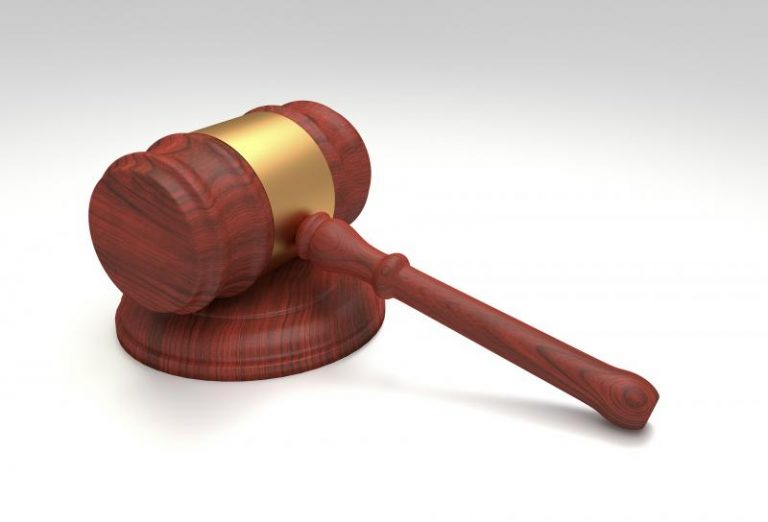The fact that mishaps are fairly commonplace does not detract from the pain and confusion that can result when an accident or injury happens to you or a loved one. If you decide to take steps toward protecting your legal rights after an accident or injury, you may have a number of general questions that we can answer regarding personal injury and statutory laws in Chicago.
Statute of Limitations
Plaintiffs have a limited time in which to file a lawsuit, called a “statute of limitations.” Generally speaking, the period of time dictated by a statute of limitations begins to run on the date of the accident. In some cases, however, the statute of limitations might begin on the date you discovered you were injured (also known as a “discovery date”).
The statute of limitations for injuries to an individual in the state of Illinois is two years. Note: you must file a formal claim within one year in order to sue. For injury claims against a city or county, you have one year to file a lawsuit.
Types of Damages Available
The most common damages awarded in personal injury cases are compensatory. As the name suggests, these are monetary damages to compensate you for your injury. There are generally two classes of damages: economic damages and noneconomic damages. Economic damages refer to specific costs you have incurred as a result of your injury, such as medical expenses (including hospital bills and rehabilitation therapy) or lost and future wages. On the other hand, noneconomic damages refer to all the other types of damages, such as for pain and suffering, emotional distress, mental anguish, and other intangible injuries.
*There are also damage caps, which are laws that limit the amount of noneconomic damages that may be awarded for a case. As of now, Illinois does not cap damages in any kind of personal injury case.
The Role of Fault in Illinois Injury Cases
Most states have contributory or comparative negligence laws, a rule of law applied in accident cases to determine responsibility and damages based on the negligence of every party directly involved in the accident. That is to say, they limit your damages if you were at fault for your injury.
In Illinois, courts apply the state’s “modified comparative fault” to calculate the damages you can receive. To explain this, let’s suppose a jury finds that a plaintiff is 5 percent at fault and the defendant is 95 percent at fault. The plaintiff would still be able to recover, but his $10,000 in damages would be reduced by his 5 percent at fault, so the plaintiff would recover only $9,500. More specifically, Illinois uses a 51 percent bar, so the damaged party cannot recover if it is 51 percent or more at fault.
Get Qualified Legal Advice
Personal injury cases can involve many different aspects of the law. Much of these cases depend on the type of injury and the incident that caused it. An experienced lawyer can help you determine which laws apply to your case and help present a strong argument in your favor.
About Harvey L. Walner & Associates
Our attorneys have over 75 years of combined legal experience in personal injury specializations, including personal injury accidents, worker’s compensation, medical malpractice, and wrongful death cases. If you or a loved one should have the misfortune of being in a personal injury accident, and you need a personal injury lawyer, the experienced attorneys at Harvey L. Walner & Associates, Ltd. are here for you. Call us today for a free consultation.


 Skip to content
Skip to content







